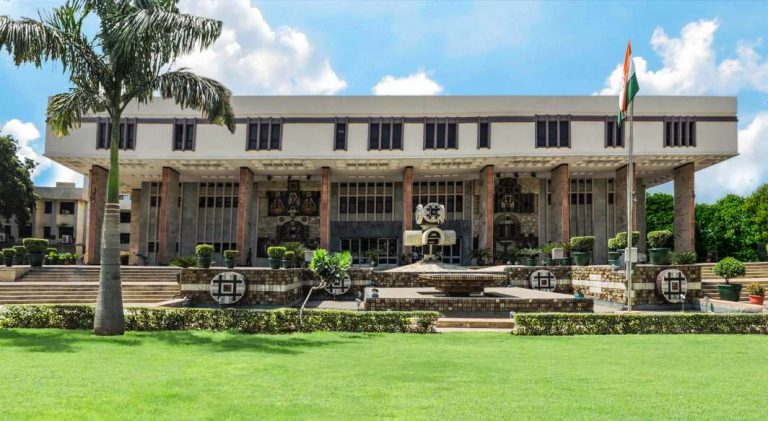Jahanvi Agarwal
On 10th September, 2024, the Delhi High Court expressed its dismay over the tragic 2017 suicide of Sushant Rohilla, a student from Amity Law School, attributing it to a deeper, systemic failure within the institution. A Division Bench comprising Justices Prathiba M Singh and Amit Sharma addressed Indraprastha University, to which Amity Law School is affiliated, urging the institution to acknowledge responsibility and consider compensating Rohilla’s family.
The Court underscored the broader issue, stating, “The institution should have a broader thinking. Nobody is saying that one person is responsible. There has been a systemic failure for whatever reason. If there is a systemic failure in an institution, then the institution should take responsibility.”
Indraprastha University’s counsel, however, denied any institutional responsibility in the matter, arguing that the suicide note didn’t place any blame on the institution and suggested that the student’s parents had lost connection with him.
The Court sharply rebuked this defense, with Justice Singh remarking, “Are you seriously arguing that? In these kinds of cases, you cannot argue in this manner. Not done. You cannot make allegations against the parents… They are suffering; you are not suffering the loss of a child.”
In the larger context of the case, the Court reiterated the need to reexamine mandatory attendance policies in higher education, emphasizing that these rules could be contributing to student distress. The Court questioned the existing rules and asked the Ministry of Education to engage in a broader consultation involving stakeholders to deliberate whether mandatory attendance should be required across all undergraduate and postgraduate programs.
Additional Solicitor General (ASG) Chetan Sharma, representing the Central government, acknowledged the importance of the issue, noting that a broader discussion should be held and suggested that a committee deliberate on the matter to assess the policy’s impact.
The Bench has previously expressed concern about the mandatory attendance rules in an earlier hearing. The current case is a result of a suo motu Public Interest Litigation (PIL) that was initiated in 2017 following Rohilla’s death. Allegations surfaced that he had been harassed by the institution due to his low attendance, and was forced to repeat a year of his BA LLB course, which allegedly pushed him to take his own life.

